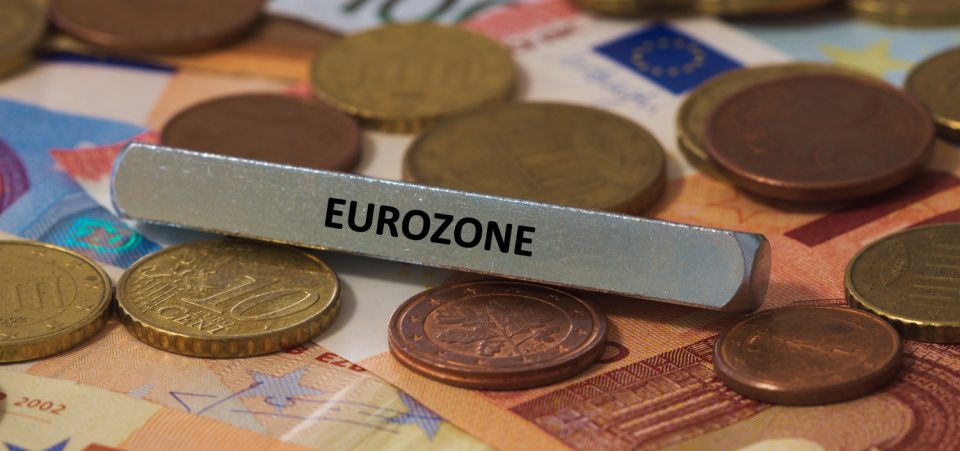Anti-Eurozone Movements Brewing in the Common Currency Region
Mark my words, if the eurozone falls apart, it could have dire consequences across the globe. The common currency region could be the source of the next financial crisis.
Before going into any details, we know our readers are not very interested in the eurozone, but there are a few developments that are worth keeping a close eye on. Problems in the eurozone could wipe out a lot of wealth for American investors.
One thing that must be known is that there’s an anti-euro movement brewing in the common currency region.
For instance, just last weekend, there was an election in Italy, the third-biggest economic hub in the eurozone. A center-right political party gained a lot of popularity; the League got 18% of the votes. The leader of that party said regarding the euro that, “it’s a wrong currency and a wrong choice.” (Source: “Italy’s League boss says markets should not fear centre-right government,” CBC, March 5, 2018.)
Let’s get this straight: it’s not only in Italy where we have seen anti-euro and anti-eurozone movements brewing. Not too long ago, in France, we saw something very similar. Marine Le Pen of the National Front gained a lot of popularity but didn’t win. We also saw similar sentiments in Spain, Portugal, and Greece.
Now Germany is the only country that’s keeping the euro and the eurozone together.
So, What’s Next?
You see, the eurozone is recovering from a massive debt crisis and economic downturn.
The European Central Bank (ECB) is doing everything and anything to keep the financial system in the region running smoothly and to make sure there’s economic growth. The ECB is keeping interest rates below zero and it’s still printing money.
Despite this, the banks in the region remain in bad shape and disliked by investors.
Look at the chart of Deutsche Bank AG (NYSE:DB), one of the biggest banks in Germany.
Chart courtesy of StockCharts.com
The DB stock price remains roughly 85% below its peak in early 2008.
Other banks are in very similar shape, if not worse—well off their peaks in 2008.
Now the big question is, “What happens if, all of a sudden, a politician in Italy, for example, calls for the country to leave the economic zone?” Say something like “Brexit” happens for Italy?
Crisis in Eurozone Could Send U.S. Bank Stocks Tumbling
Dear reader, the eurozone as a whole is one of the biggest economic regions in the world. So, if it gets in trouble, a lot of countries could get impacted. Mind you, a lot of American companies operate in the eurozone and, all of a sudden, they will find themselves losing money. This would then be reflected in their stock prices.
It’s important to look at the financial sector, especially.
The global financial system is very interconnected. If eurozone banks get in trouble, you can bet that the American financial system could face a lot of scrutiny, and American financial company stock prices could tumble. Keep in mind, the banks in the region are still not well capitalized. So, a bank failure remains a possibility.
I will end with what I have said before already: don’t ignore the eurozone. It could send waves of uncertainty across the financial system in no time. This could result in immense volatility.







